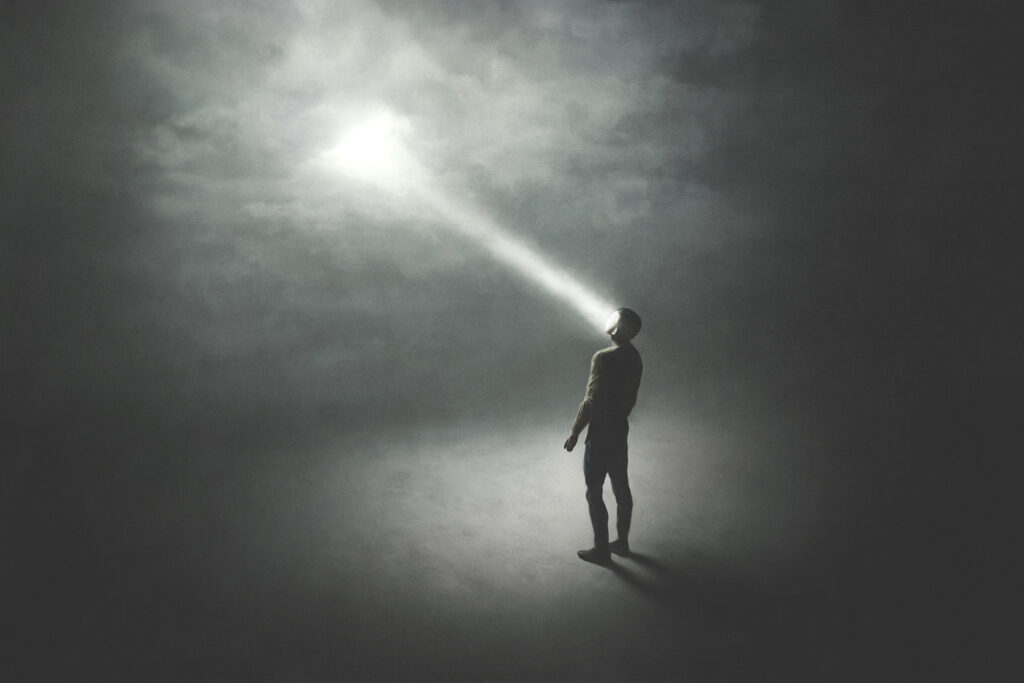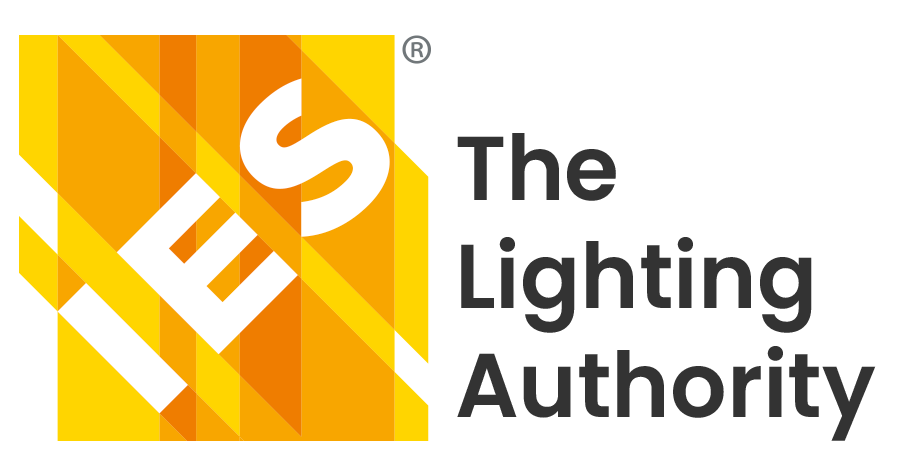Darkness for Ourselves
What do we risk when we erase night from our lives?
By Jane Slade
Each year, light advances further into the night. In early 2023, a shocking study revealed runaway light pollution across the globe. Based on the perspectives of over 50,000 human observers all over the world, the study reported an average of 9.6% increase of sky brightness each year from 2011 to 2022₁. Darkness is becoming a lost frontier. We are erasing night.
Before this landmark study, our understanding of light pollution rates came primarily from the satellites above us, previously reporting an average rate of 2% year-over-year growth. Therefore, we have been massively underestimating the amount of light pollution all around us. These scientific findings are telling us that the experience of natural darkness on the planet is gravely endangered.
The impact upon the natural world is grotesque, from fatally distorting environmental migratory cues, to decimating insect populations and interfering with age-old relationships between species. Wildlife continues to struggle and still, human-made light pollution rages brighter and brighter. While human health is dependent upon wildlife health, these heartbreaking impacts have not yet been enough to break humanity’s deadly habit of over-illumination.
Perhaps we must then confront what we are doing to ourselves to better inspire change. What are the impacts of artificial light at night on humans, what does the value of natural darkness hold for humanity, and what exactly are we missing when we erase night from our lived experience? By understanding the intrinsic benefits of natural darkness, we offer a palatable counterpoint that incentivizes change rather than admonishes the status quo.

Darkness offers tremendous benefits for our physical, mental, emotional and existential health
For humans, the experience of night has radically changed. In the past, we spent nearly half of our lives in the dimmer lights of natural darkness, bathed in candlelight, firelight, starlight and moonlight. Research shows that getting sunlight upon waking and removing artificial light at night can aid better sleep. Yet many of us live a rather opposite experience, spending 90% of our time indoors and bringing bright phones into our beds late at night. Night is no longer dark.
We have replaced watching the reddish flames of fire with the bluish light of screens. Perhaps we are not just underestimating the amount of light pollution, but the impacts too, regarding mental health. According to one recent study, nighttime artificial light exposure is increasing all around the world and linked with negative impacts on mood and behavior, potentially increasing rates of depression₂. In an age of digital burnout and wanting more uninterrupted time to spend with our loved ones, rescuing natural darkness may also be a way to rescue ourselves.
In fact, darkness offers tremendous benefits for our physical, mental, emotional and existential health. For our physical health, nightly natural darkness is a critical period that supports rest and recovery down to a cellular level. For instance, the onset of darkness ushers a shift in the hormonal landscape of the body, such as the release of melatonin, which aids in an array of functions from sleep regulation to cancer suppression.
Moreover, darkened environments provide mental relief. Darkness offers tremendous benefits for our physical, mental, emotional and existential health through natural sensory deprivation of the visual system.What do we risk when we erase night from our lives? through natural sensory deprivation of the visual system. One of the major human impacts of light pollution is that we are seldom far from the light-driven stimulus of screens. Information can find us at all hours. Yet in the dark, our to-do lists disappear and the space around us becomes shrouded, even blurring the boundary of our own bodies within the cosmos.
This shift in awareness from within our own consciousness creates space for internal reflection and imagination. It is also a gateway to emotional experiences such as awe, which helps to comprehend one’s place in the universe by bringing on simultaneous feelings of fear of the unknown and the absolute wonder that comes along with it. Another emotional experience is known as the overview effect, which many astronauts report as an overwhelming feeling of compassion and connection when witnessing the oneness and vulnerability of the pale blue dot of Earth from space.
While many of us will never see this view for ourselves, natural darkness and the night sky can still offer a pivotal shift in awareness. To confront one’s own existence in the unknown universe creates a vast perch for perspective on daily living. Humanity has described countless epiphany moments underneath the stars—how sitting beneath the vastness suddenly transformed a problem into a breakthrough of understanding. When we realize how much we do not yet know or understand, new opportunities for problem solving arise within that infinity. For many, starlight has transformed inhibition into inspiration.
Currently, we are losing control of light pollution. Most humans are experiencing an obstructed view of the night sky. In addition, the ubiquity of screens makes it even harder to enjoy natural darkness here on Earth, which requires delayed gratification of about an hour as the eye adjusts from high light levels. Therefore, the ability to experience the world in low light is all too vulnerable, making it critical to create more public awareness about the value of darkness.
One of the most profound obstacles to overcoming light pollution is the lack of positive mythologies, vernacular and rituals around natural darkness. In modern discourse, light is often idealized in metaphor to symbolize purity and goodness, while darkness is banished as evil and dangerous. Currently, the value of natural darkness is not well known or understood. There is a dire need for frameworks to balance this lopsided and harmful value system. Without the counterpoint of understanding, light will continue to creep into our nights.
Natural darkness holds immeasurable value for all living things. Particularly for humans, the moments that unfold in dimmer lights are often the most intimate, meaningful and beautiful parts of life, from gathering with loved ones to putting our children to bed. Night is when we eat, drink, talk, grieve, whisper, wonder, reflect, dance, celebrate, cuddle, nuzzle, sleep and feel what it is to be human on this turning planet. When we make space for night and darkness, we also make room for the parts of life we hold dearest in our hearts. If we can begin to advocate with the value of these benefits, perhaps we can better incentivize humans to finally rescue natural darkness from light pollution.
__________________________________________________________________________
References
- Kyba, Christopher C., et al. “Citizen Scientists Report Global Rapid Reductions in the Visibility of Stars from 2011 to 2022.” Science, vol. 379, no. 6629, 2023, pp. 265–268., https://doi.org/10.1126/science.abq7781.
- Tancredi, Stefano, et al. “Artificial Light at Night and Risk of Mental Disorders: A Systematic Review.” Science of The Total Environment, vol. 833, 2022, p. 155185., https://doi.org/10.1016/j.scitotenv.2022.155185.

